Founded in 2015, the Eliminate Tobacco Use Initiative serves as a driving force in tackling tobacco use among University of Texas System institutions. In the decades that followed, many colleges and universities throughout Texas and the United States joined the initiative and became tobacco free. Today, the initiative has impacted the health of approximately 1.9 million faculty, staff and students through new school policies, tobacco use prevention programs and increased cessation services.
MILESTONES IN SHIFTING THE TOBACCO-FREE CULTURE
2025
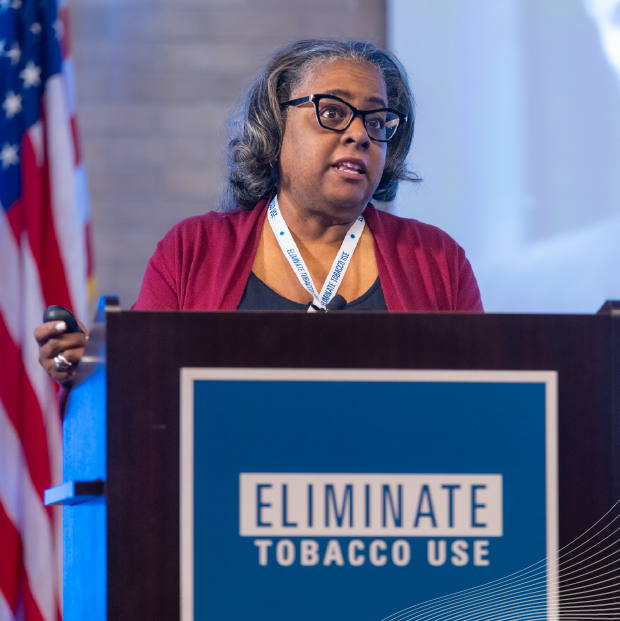
In the 2024–2025 academic year, we celebrated the tenth anniversary of the ETU initiative, marking a significant milestone. Throughout the year, our team continued to support institutions in promoting tobacco and nicotine-free prevention efforts, policies and cessation treatment services across campuses. We also reflected on a decade of lessons learned to help address emerging challenges, including the rise of nicotine-based and heat activated products.
In addition to supporting ongoing campus efforts in policy, prevention and cessation treatment, we achieved the following:
- Held the tenth annual ETU National Summit in March 2025, with 380 participants from 171 organizations and campuses attending the national and state summits.
- Hosted four quarterly webinars to offer educational opportunities, reaching approximately 239 individuals.
- Introduced Research to our core domains, reflecting our commitment to expanding the body of literature on young adult tobacco use and tobacco control strategies in college settings.
- Updated the Social Media Toolkit to provide higher education institutions with a customizable resource to strengthen tobacco prevention and education efforts through social media.
- Supported three institutions in customizing campus communication materials, including a collaboration with UT Austin to develop five new event materials to support their ETU Day event.
2024

In the 2023–2024 academic year, we completed our ninth year of the ETU initiative. This year, our team focused on supporting institutions as they implement and promote tobacco-free prevention efforts, policies and treatment services at their campuses and workplaces. Here are some highlights:
- Offered enhanced services to students, faculty, staff and patients (for health institutions)
- Held the ninth annual ETU Summit in April 2024, with 514 participants from over 150 organizations and campuses attending the hybrid national and state conferences
- Continued to prioritize efforts in the domains of policy, prevention and cessation
- Hosted four quarterly webinars to offer educational opportunities around tobacco treatment updates, serving approximately 336 individuals
- Advanced campus tobacco-free policy efforts through innovative and collaborative methods
- Updated the Campus Communication Toolkit to provide campuses a free, customizable resource to promote tobacco-free messages on their campus
- Supported five institutions in customizing campus communication materials
- Welcomed two new partner institutions, Stephen F. Austin University and Texas State University
2023
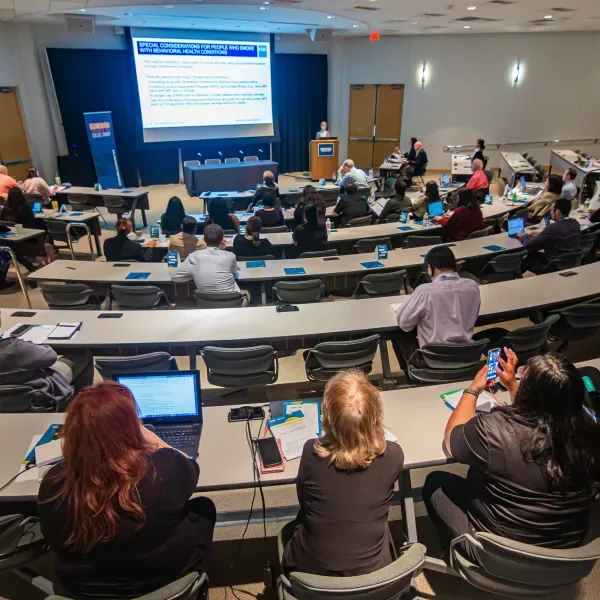
In 2023, we completed our eighth year of the Eliminate Tobacco Use (ETU) initiative. This year, our team focused on adapting components of the initiative to implement tobacco treatment services for a broader group of higher education institutions and workplaces. Here are some highlights:
- Offered enhanced services to students, faculty, staff and patients (for health institutions)
- Held the 8th annual ETU Summit in April 2023; 451 participants from 212 organizations and campuses attended the hybrid national and state conferences
- Continued to make address health related disparities a priority of our strategic activities and aligned efforts in the domains of policy, prevention and cessation
- Hosted well-attended quarterly webinars on timely topics to offer educational opportunities around tobacco treatment updates
- Promoted the work of Eliminate Tobacco Use and the EndTobacco™ Program through a Texas-based employee wellness podcast
2022

Year in Review: 2022
In 2022, we wrapped up our seventh year of the Eliminate Tobacco Use (ETU) Initiative. The team focused on adapting components of the initiative into a hybrid setting for institutions of higher education and workplaces. Here are some highlights:
- Enhanced tobacco treatment services offered to students, faculty, staff and patients (for health institutions)
- Engaged two community colleges and four historically Black colleges and universities in tobacco prevention and control activities
- Held the 3rd virtual and 7th annual ETU Summit in April 2022, with 522 participants from 29 states attending the 2-day conference
- Continued to make health equity a priority of our strategic activities and align efforts in the domains of policy, prevention and cessation
2021
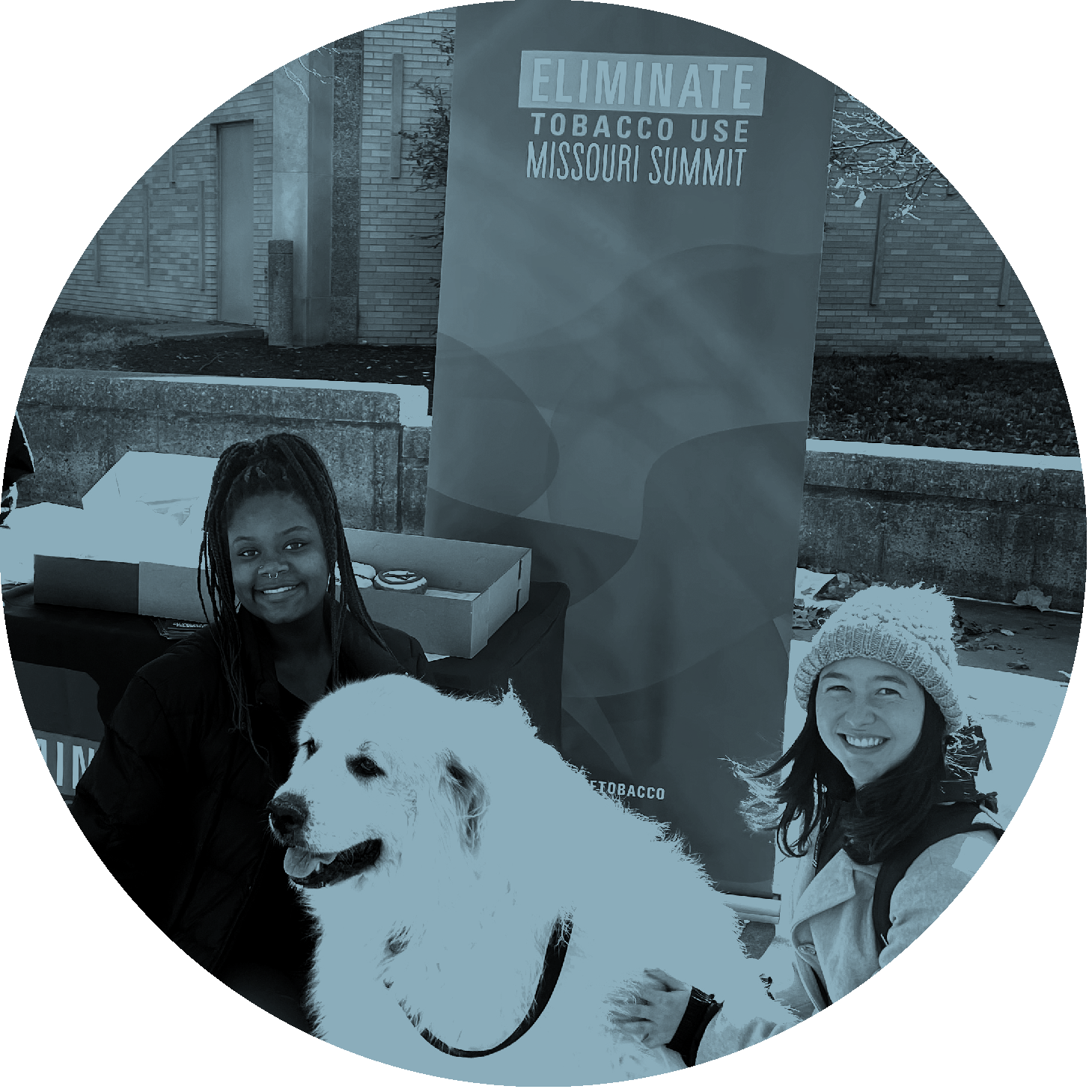
Year in Review: 2021
Going into our 6th year of the initiative, the team focused on adapting materials, toolkits and technical assistance to allow for a completely digital initiative. Our summit and webinars serve as connection points, sharing the most relevant information that our partners could utilize in a virtual setting. Here are some highlights from this year:
- Enhanced the “Campus Progress Dashboard” for Texas institutions involved in the initiative.
- Focused on adapting telehealth treatment services to reach students, staff and patients.
- Multiple campuses leveraged the Eliminate Tobacco Use Day event toolkit to further promote awareness of the tobacco-free environment.
- Held our 6th annual and 2nd virtual ETU Summit in April 2021, with nearly 500 participants from 30 states attending.
2020

Year in Review: 2020
Despite the impact of COVID-19, the Eliminate Tobacco Use Initiative concluded its 5th year while managing to work virtually during the spring and summer of 2020. Here are the year's highlights:
- Created the first event kit to promote tobacco control messaging
- Modernized our website with additional resources and streamlined user experience
- Continued to work with replication sites in New Jersey and Virginia and welcomed Missouri
- Held our 5th annual summit virtually in July, with 600+ participants from 38 states
- Offered continuing education credits to Summit participants for the first time ever
2019
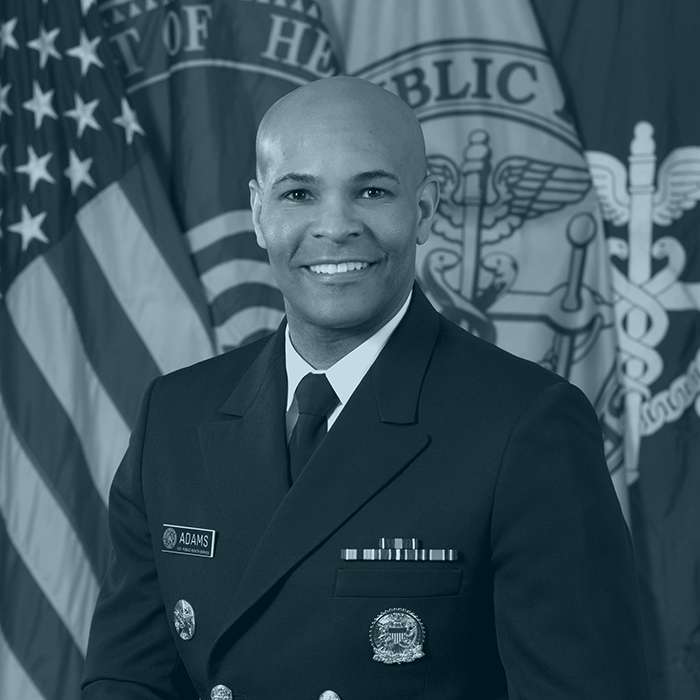
Year in Review: 2019
The Eliminate Tobacco Use Initiative had its fourth year full of impactful activities. They included:
- Strengthened tobacco-free campus policies across the state
- Updated campus signage for stronger enforcement and compliance
- Hosted the U.S. Surgeon General during a visit to MD Anderson
- Hosted our 4th annual summit in Austin in April
- Supported a successful first annual Northeast College Summit in Lincroft, NJ, in March
- Welcomed new colleagues in Virginia as a replicating site
2018

Year in Review: 2018
In the Eliminate Tobacco Use Initiative's third year, all 14 institutions of The University of Texas System became tobacco-free, making it the first public university system and the largest employer in Texas to prohibit tobacco use. Other highlights included:
- Official ETU branding for UT System tobacco control was developed
- The Texas College Tobacco Policy Database was created for tobacco-free campus policy implementation
- The Peers Against Tobacco (PAT) prevention program included 22 campus outreach campaigns
- Campus communication toolkit updated
2017

Year in Review: 2017
In the Eliminate Tobacco Use Initiative's second year, five UT campuses adopted 100% tobacco-free and vape-free campus policies. They joined the other nine University of Texas academic institutions and health science centers, making UT System the first public university system and largest single employer in Texas to prohibit tobacco use.
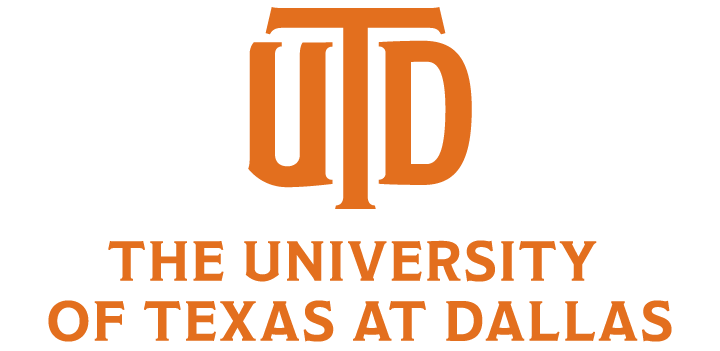

Tobacco-Free Policy Implementation
UT Dallas became a tobacco-free campus on June 1, 2017, in order to create a healthier work, research and learning environment for students, employees and visitors. The university worked with a tobacco-free task force committee as well as guidance from UT System Eliminate Tobacco Use leadership on the policy. UT Dallas celebrated becoming a tobacco-free campus with a Breathe Easy event on June 1 on the North Mall. The University continues to offer support to employees and students who want to quit smoking or using tobacco products through education and cessation resources.

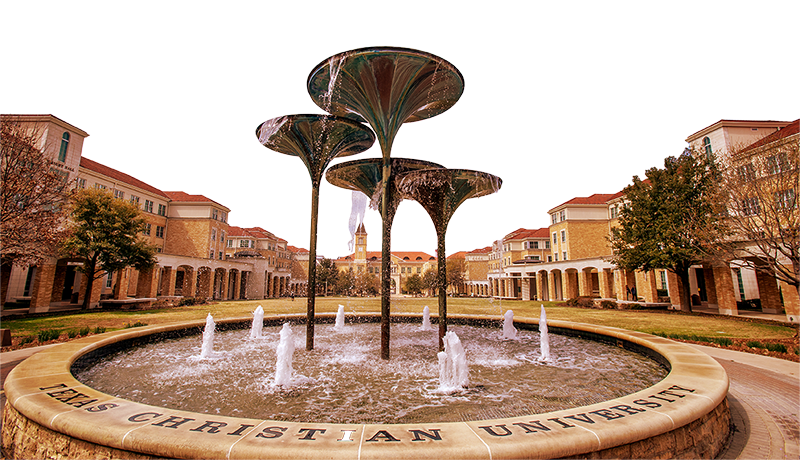
Tobacco-Free Policy Implementation
On August 1, 2017, TCU officially updated their policy to be a tobacco-free campus. As student led initiative, and with grant funds from the TFGCI grant through CVS/ACS, TCU passed a comprehensive tobacco-free policy that includes the use of all nicotine and ENDS devices on campus. A small working committee consisting of two students, staff from Campus Recreation & Wellness Promotion and staff from Alcohol & Drug Education engaged campus in listening sessions, town halls and continue shared governance meetings. During this process, TCU received the overwhelming support for policy change from all four governance groups on campus (Faculty Senate, Staff Assembly, Student Government Association, and Graduate Student Senate).
2016

Year in Review: 2016
In its first year of operation, the Eliminate Tobacco Use Initiative established its foundations for future tobacco-free policies and support on Texas campuses. Here are some highlights:
- A steering committee formed of representatives from each campus and UT System administration
- The first annual system-wide Eliminate Tobacco Use Summit took place in February
- Policy, prevention and cessation workgroups were organized post-summit
- Site visits revealed unique and effective tobacco control strategies


In 2016, UT Permian Basin became a tobacco-free campus.

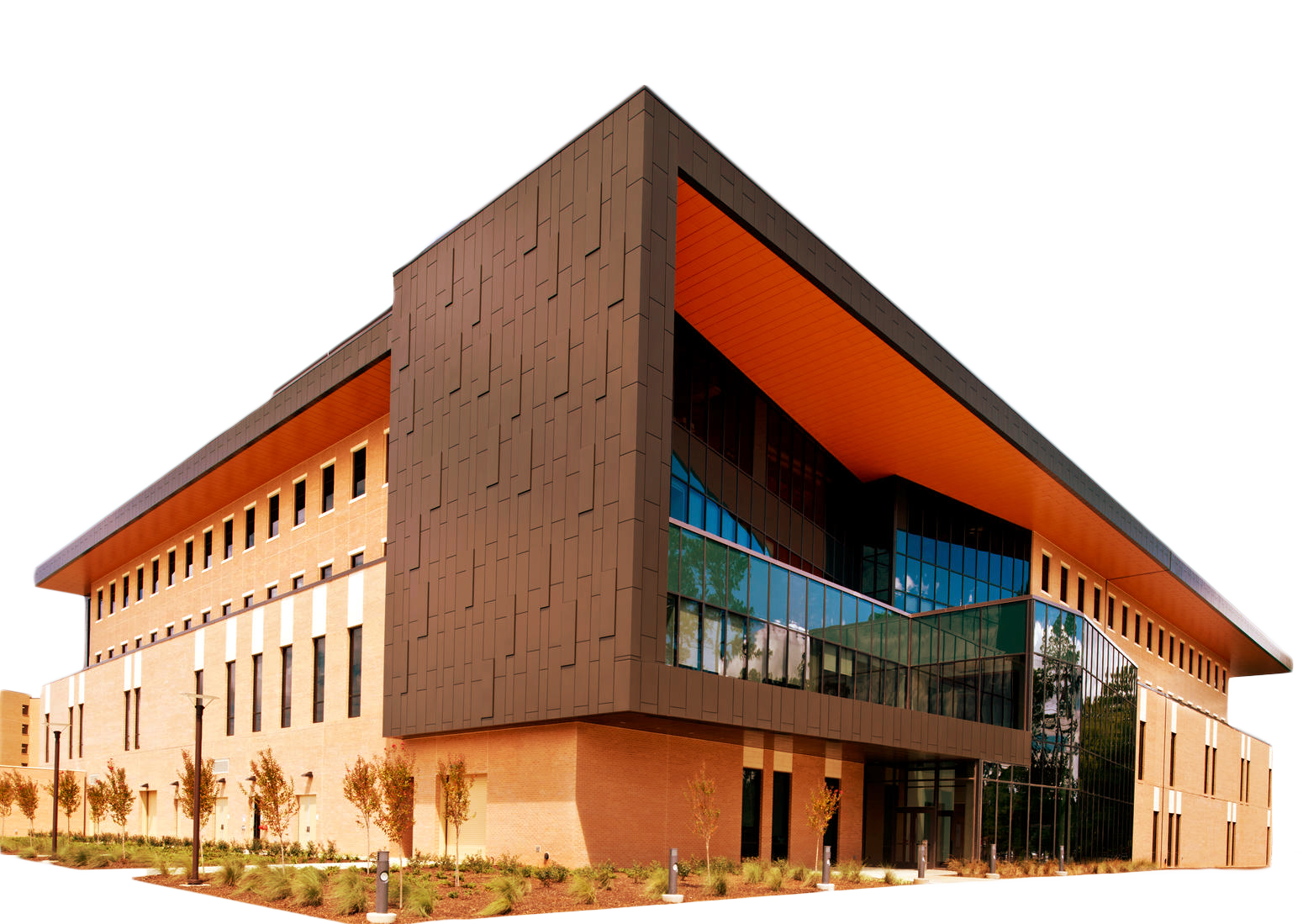
In 2016, UT Tyler became a tobacco-free campus.
2015

Year in Review: 2015
Eliminate Tobacco Use is founded. Dr. David Lakey of The University of Texas System (UT System) and Dr. Ernest Hawk, of The University of Texas MD Anderson Cancer Center, along with the EndTobacco™ Program team at MD Anderson and the Office of Health Affairs at UT System, created the Eliminate Tobacco Use Initiative. The aim of the initiative was to first tackle tobacco use among UT institutions to more effectively lead larger statewide and national tobacco control efforts.
MD Anderson adopted and implemented a Tobacco-Free Hiring policy on January 1, 2015. Under this policy, all candidates are screened for tobacco use as a part of the standard application process. Job seekers who test positive will not be eligible for immediate employment. However, the applicant is offered tobacco cessation materials and the option to enroll in services to assist in their quit attempt. Applicants will then be permitted to re-apply for open positions and undergo a new screening test following a waiting period of 180 days.

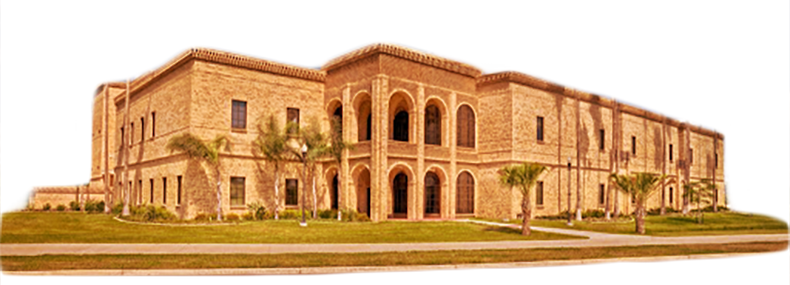
In 2015, UTRGV became a tobacco-free campus.
2013


Tobacco-Free Policy Implementation
The University of Texas at El Paso became a smoke- and tobacco- free campus on August 5, 2013. The policy is part of the university’s promotion of respect toward our environment and community. The use of tobacco products (including but not limited to, cigarettes, cigars, pipes, water pipes (hookah), electronic cigarettes, smokeless tobacco, snuff, chewing tobacco or all other tobacco products) as well as smoking or use of any smoking device, by students, faculty, staff, and visitors is prohibited at all times on university property.
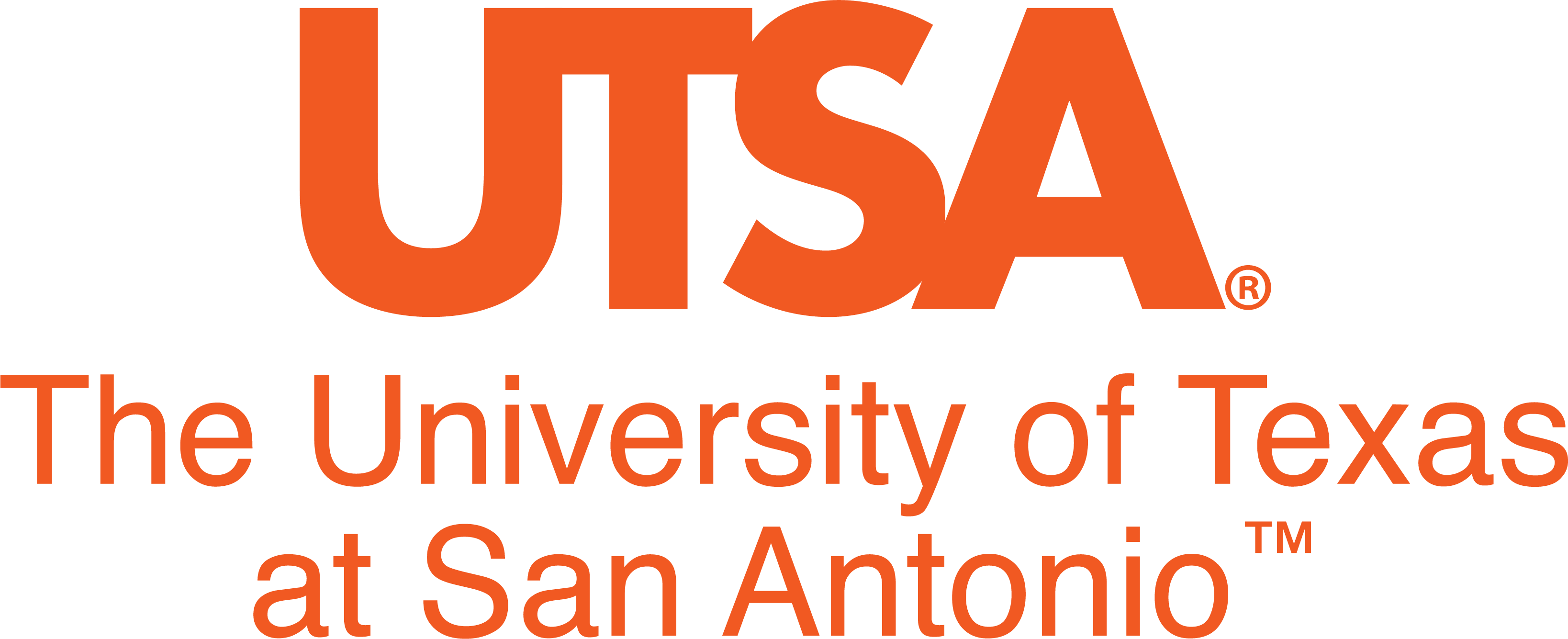

Tobacco-Free Policy Implementation
The University of Texas at San Antonio began its tobacco free journey in June 2013 following in the footsteps of several other UT System Institutions.
- Effective June 1, 2014 all UTSA campuses went smoke and tobacco free. This comes after a one-year transition period during which smoking and tobacco were permitted only in designated areas on campus.
- UTSA departments work closely together to enforce, promote and provide resources about the policy to all students, faculty, staff and visitors.
- In February 2020, the Campus Wellbeing Initiative was launched to adopt a comprehensive and holistic approach to the health and wellbeing for students, faculty and staff of UTSA.
2012

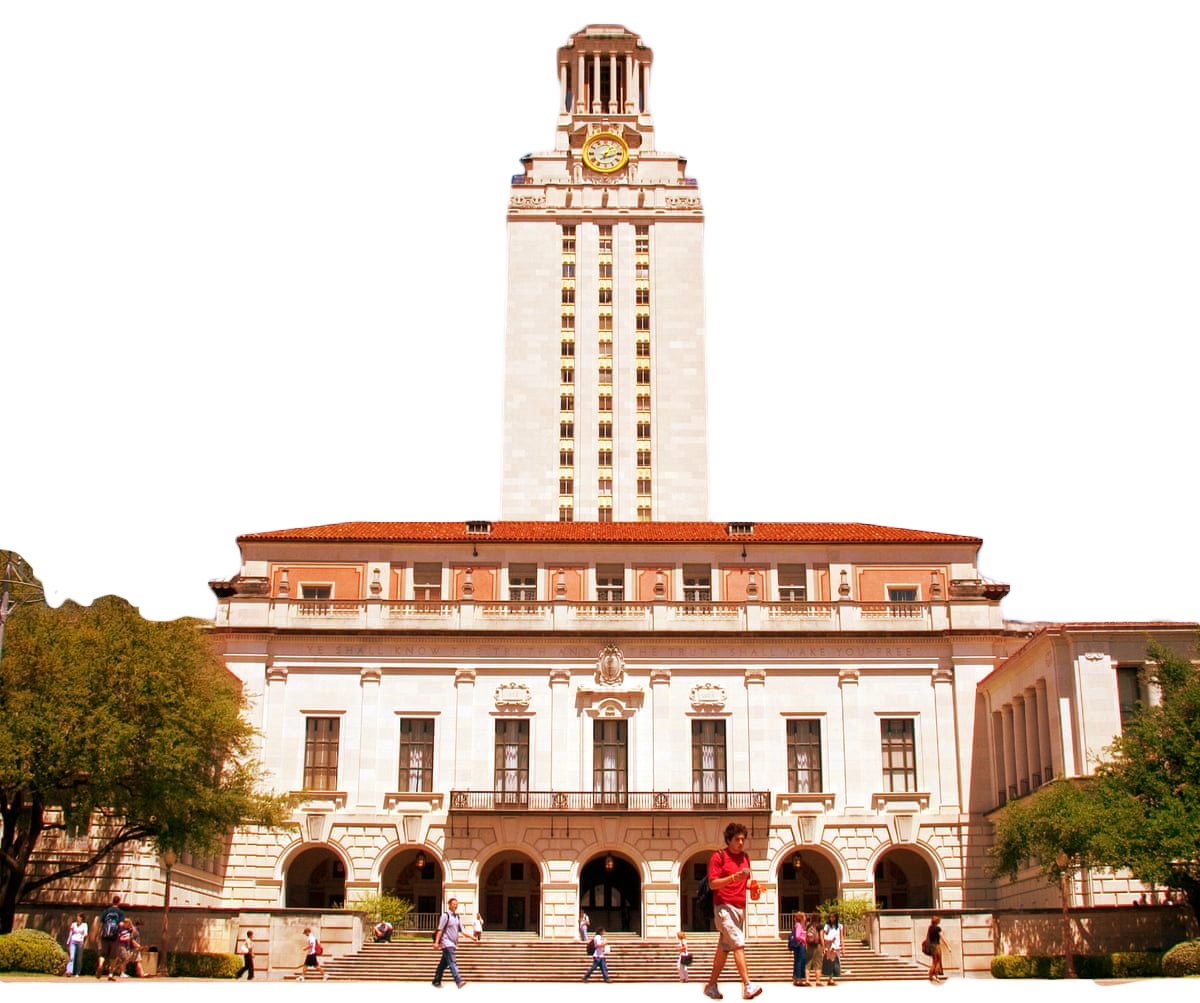
Tobacco-Free Policy Implementation
On April 9, 2012, The University of Texas at Austin became a tobacco-free campus. The University prohibits the use of any tobacco product on campus property, including but not limited to cigarettes, cigars, water pipes (hookah), smokeless tobacco and vape pens. The full text of the policy including the definition for tobacco products is available on the University Policies website. The Tobacco Free Campus program is supported by the Peers Against Tobacco Program and the Tobacco Free Advisory Board at UT Austin.
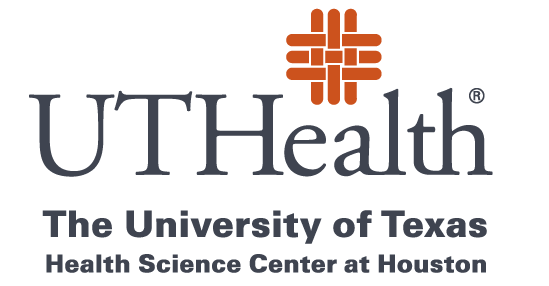

Tobacco-Free Policy Implementation
UT Health implemented a comprehensive tobacco free plan to include multiple forms of tobacco products in 2012. The policy was updated in 2018 to prohibit tobacco manufacturers from sponsoring research conducted at the university through grants and contracts. UTHealth prohibits sales, sponsorship, advertising and promotional activities of tobacco on campus or at university-sponsored events.
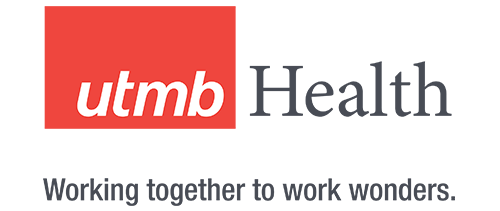
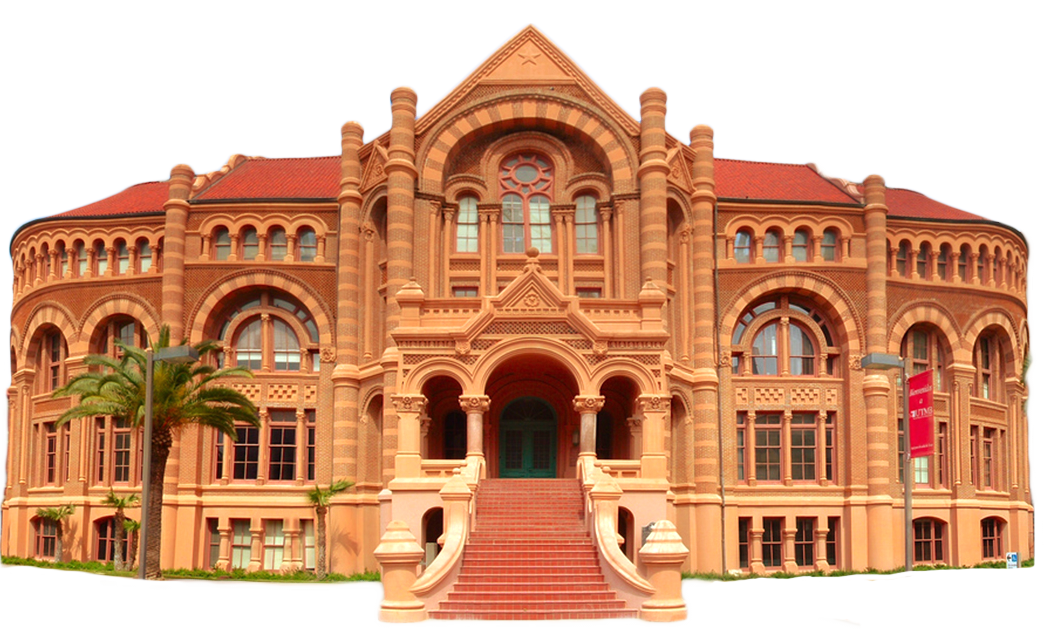
In 2012, UTMB became a tobacco-free campus.
2011


Tobacco-Free Policy Implementation
UTA became a tobacco-free campus in 2011 with the health and safety of employees as the driving factor. After 18 months of stakeholder surveys, a town hall meeting and other research, the university conclude there was significant support for the new policy. The tobacco-free policy was put in place to connect and enhance a previous policy established in 1991 that banned tobacco use inside buildings, prohibited its use outside within 50 feet of any building and set up outdoor smoking areas.


Tobacco-Free Policy Implementation
UT Southwestern Medical Center’s (UTSW) University hospitals and clinics become tobacco-free effective July 1, 2011. The day of the announcement, UTSW’s President announced that the entire campus would become a tobacco-free environment and invited participation in the Tobacco Cessation Benefits program which provided employees and students up to eight weeks of free Nicotine Replacement Therapy in conjunction with free counseling. Signs stating that UTSW is a “Tobacco-Free Facility” were placed in prominent locations across campus.
2004


Tobacco-Free Policy Implementation
Effective July 1, 2004, UTHSCT became a tobacco-free campus dedicated to providing a healthy, comfortable and productive environment for all and to enhance the air quality. More recently and effective March 1, 2019, all new hires are to be tobacco-free at the time of hire and existing employees who use nicotine products will be provided information on cessation programs or classes. UTHSCT’s Tobacco Cessation Committee works in the northeast region of Texas to reduce the highest rates of smoking in the state.
*UTHSCT became part of UT Tyler as a single entity known as UT Tyler in fall 2021
2000


Tobacco-Free Policy Implementation
UT Health San Antonio became a tobacco-free campus in 2000. In 2017, health promotion leaders at the university revised its tobacco-free policy to more comprehensively define tobacco-free areas on campus, expanded who the policy applies to, and extended the list of prohibited items to cover vaping and e-cigarettes ─ all to provide a healthier environment for all employees, staff and faculty, trainees/students, residents, and campus visitors. The university also installed new tobacco-free signage and offered new quit-smoking resources, including a website listing available on campus programs and the Quitxt bilingual text-message and Facebook Messenger program that offers 24/7 online support and motivation.
1989
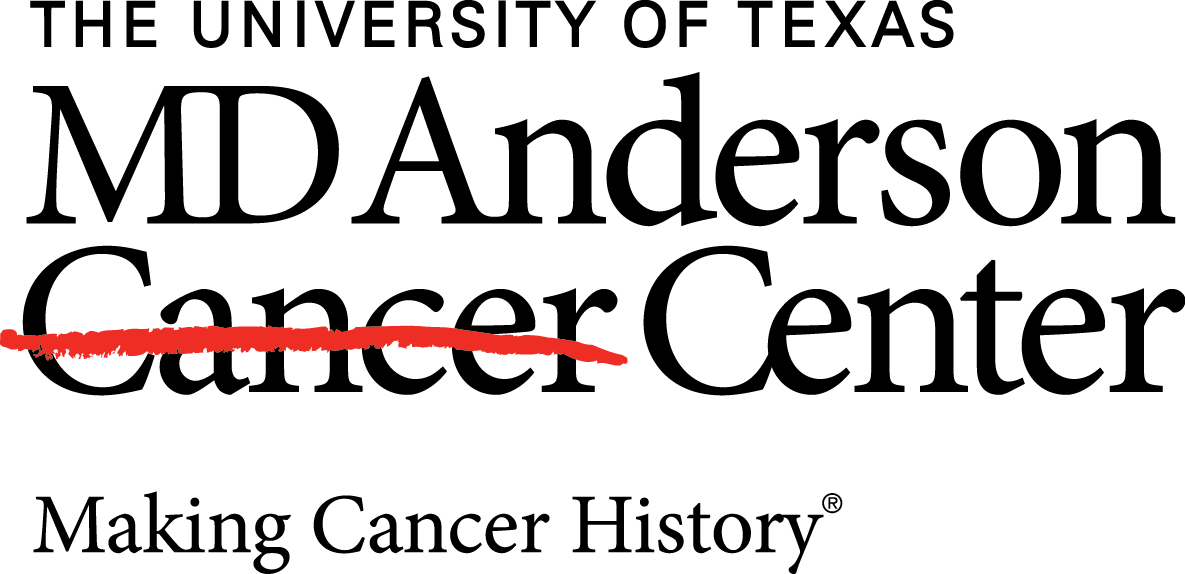

Tobacco-Free Policy Implementation
The University of Texas MD Anderson Cancer Center, the state's cancer hospital, paved the way in smoke-free and tobacco-free policies for other University of Texas System components and institutions for higher education. MD Anderson focuses on life-saving and health-promoting policies for their faculty, staff, patients and their families.
Over the years, MD Anderson adopted strong policies to control tobacco use through research, prevention programs and cessation services. In 1989, the institution adopted a smoke-free/tobacco-free policy. Five years later, MD Anderson became one of the few U.S. academic medical institutions to adopt a policy prohibiting the receipt of tobacco money for research funding.